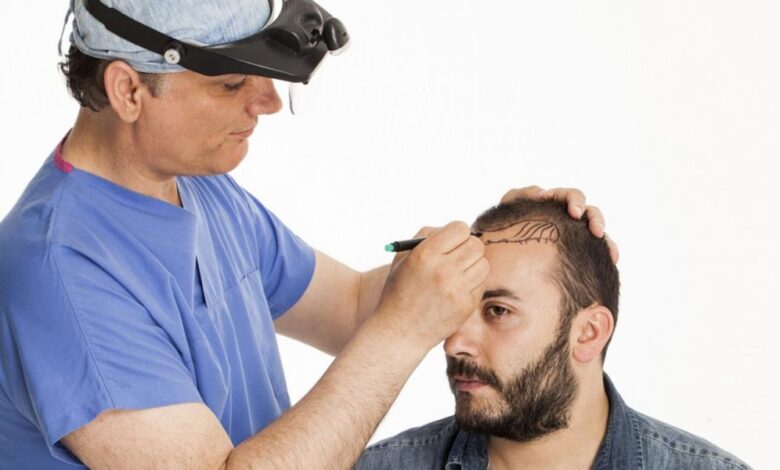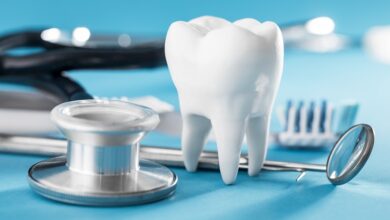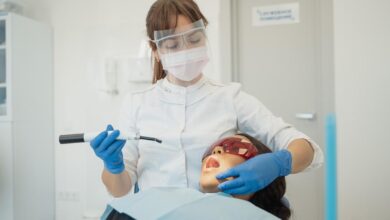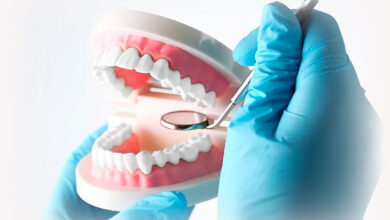Post-Transplant Care: How to Ensure Optimal Results After Your Hair Surgery in Istanbul

Undergoing a fue hair transplant can be a life-changing experience, providing you with renewed confidence and a fuller head of hair. However, the journey to achieving optimal results doesn’t end when you leave the clinic. Post-operative care is crucial for ensuring the success of your procedure and protecting your investment. In this article, we will delve into the essential steps and precautions you need to take to foster a healthy recovery and get the best out of your hair transplant.
Understanding the Recovery Timeline
The recovery process following a hair transplant can vary from person to person, but on average, it takes several months to see the final results. The first few days post-surgery require stringent care and adherence to the guidelines provided by your surgeon. Typically, you’ll notice some swelling and discomfort, which are normal parts of the healing process.
Immediate Post-Operative Care
After the surgery, your scalp will be sensitive and may experience some redness and swelling. To ensure a smooth recovery, follow these immediate post-operative care tips:
- Avoid Touching the Area: It’s important not to touch or scratch the recipient and donor areas to prevent dislodging any grafts.
- Use Prescribed Medications: Follow any medication regime prescribed by your doctor, including antibiotics and anti-inflammatory drugs, to minimise infection and reduce discomfort.
- Keep Your Head Elevated: Sleeping with your head elevated can help reduce swelling during the initial days.
- Avoid Direct Sunlight: Protect your scalp from direct sunlight for at least a few weeks post-surgery to avoid irritation and promote healing.
Shampooing and Hair Care
Proper hair care is essential in the weeks following your transplant. Typically, you can start gently washing your scalp after a few days, as advised by your surgeon. When washing:
- Use a Gentle Shampoo: Opt for a mild, non-fragranced shampoo that won’t irritate your scalp.
- Be Gentle: Use a soft touch when washing and drying your hair to avoid dislodging the new grafts.
- Avoid Hair Stylings: Refrain from using hairdryers, gels, or styling products in the weeks after surgery to prevent irritation or damage.
Maintaining a Healthy Diet and Lifestyle
A balanced diet plays a vital role in the recovery process. Consuming foods that are rich in vitamins, minerals, and proteins can support hair growth and overall health. Ensure that you:
-
- Stay Hydrated: Drink plenty of water to keep your scalp moist and support cell regeneration.
- Eat Nutrient-Rich Foods: Include foods high in iron, zinc, vitamins A and C, and omega-3 fatty acids to boost hair growth.
- Avoid Smoking and Alcohol: These can adversely affect recovery by limiting blood flow to the scalp.
Regular Follow-Ups with Your Surgeon
Attending scheduled follow-up appointments with your surgeon is crucial for monitoring your progress and addressing any concerns you may have. These appointments provide an opportunity for a professional evaluation to ensure that everything is healing correctly and on schedule.
Patience is Key
It’s important to manage expectations regarding the timeline for visible results. Hair transplant growth is gradual, with most patients noticing significant growth around six months post-surgery, continuing up to a year. Maintaining a consistent post-care routine and patience will eventually lead to the desired results.



